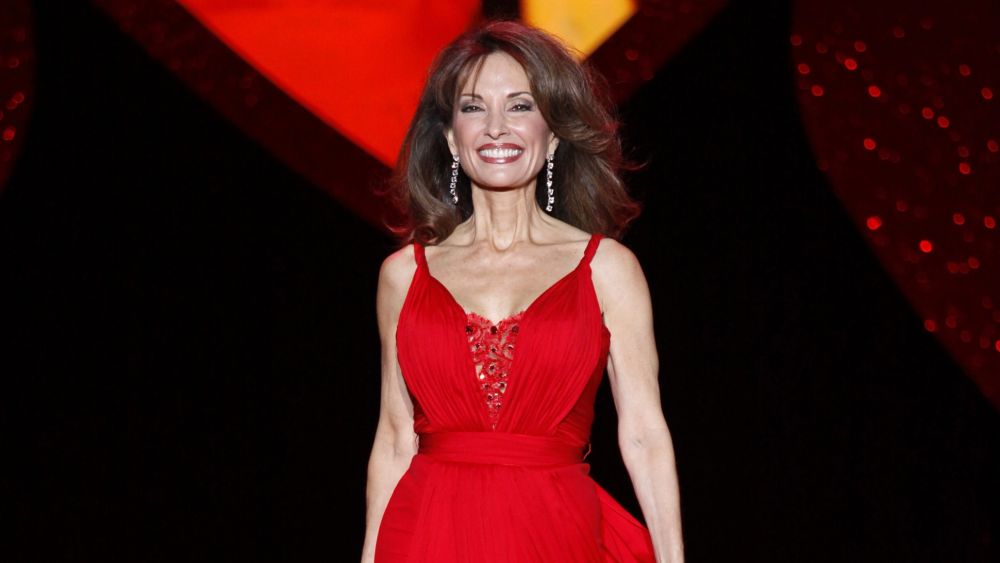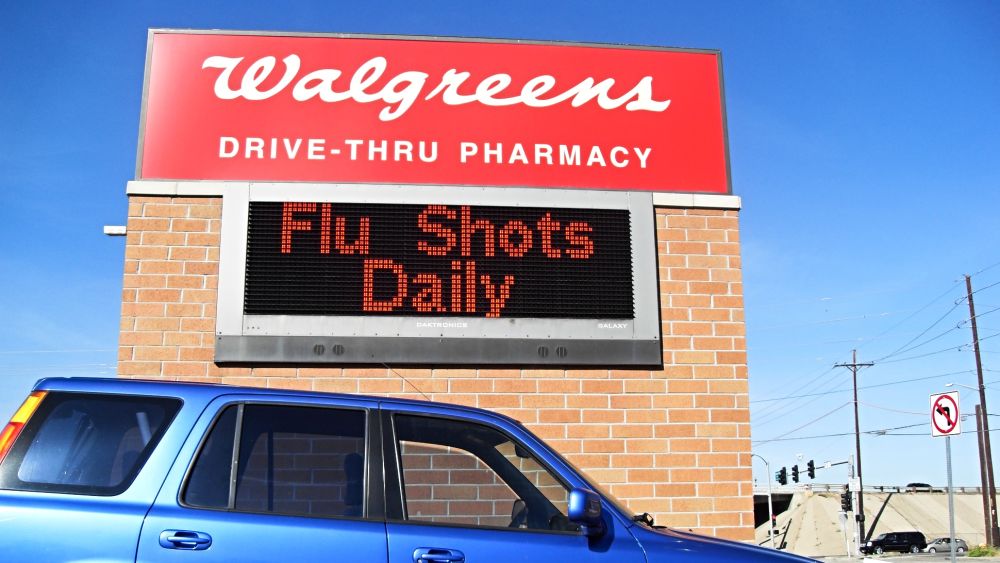Are You The #OneInFour?
Stacy Matson | Celebrity Health

image by: Lorie Shaull
Abortion is a right I feel must not go away, and I feel like people aren't mobilizing so much because it's so complicated and it's difficult to understand - Cynthia Nixon
On July 9th, 2018, President Trump announced that Brett Kavanaugh, a conservative D.C. appeals court judge, was his nominee for Supreme Court Justice. At that same moment, several women’s groups and Pro-Choice organizations: Planned Parenthood, NARAL, Shout Your Abortion, and Advocates for Youth, started preparing for the fight of their lives. The fight to protect Roe v. Wade - the 1973 landmark decision that made abortion legal in all 50 states.
How would Kavanaugh’s appointment affect Roe v. Wade?
President Trump has previously stated, or should I say promised, that if given the opportunity he would appoint an anti-abortion justice, one who intends to overturn Roe v. Wade. Kavanaugh fits that bill, he’s Pro-Life, religious, and conservative. Throughout his career Kavanaugh has voted in favor of the far right on almost every issue presented - health care, gun rights, net neutrality, climate change, etc.
If he is appointed, Kavanaugh would give the conservatives a voting advantage of 5 to 4. That is the problem. Five conservative justices each of whom typically vote against abortion rights, or at the very least in favor of abortion restrictions means there is a huge probability that Roe v. Wade will be overturned.
Once it’s overturned regulating abortion would revert back to the state legislatures, many of whom are very conservative and have quietly passed more than 400 laws restricting access to abortion over the past six years.
For example:
- Four states: Louisiana, Mississippi, North Dakota, and South Dakota have enacted “trigger laws” which would ban abortion the moment Roe v. Wade is overturned.
- Ten states have pre-Roe v. Wade abortion bans on the books that were never repealed and would be reinstated immediately.
- Eight states have laws that explicitly protect anti-abortion rights.
- Several states have extended waiting periods for medication-based abortions. Each year they extend them a little bit more.
- Several states have legally restricted private insurers from covering abortion.
To be fair, Kavanaugh has never publicly stated that he intends to reverse Roe v. Wade. However, he has made several statements and legal arguments related to abortion that leave many wondering where he stands. For example, in 2017, Kavanaugh voted against an undocumented teenage girl's right to have an abortion while she was held in a detention facility. He argued that the procedure would "make the government complicit in something it finds morally objectionable.” I don’t get this. If abortion is federally legal how can the government find it morally objectionable? Why does it matter if the government finds it morally objectionable anyway? The government isn’t having an abortion.
Kavanaugh also argued that President Obama's birth control mandate - the one requiring that birth control be free and accessible to all women through their health care providers - infringed upon the rights of religious organizations.
As you can see, there is a lot of uncertainty regarding the future of women’s reproductive rights. As a result, Planned Parenthood, NARAL, Shout Your Abortion, and Advocates for Youth, have launched #OneInFour, a social media campaign where they ask women to publicly share their abortion stories, or at least stand in solidarity with the brave women that do.
As #OneInFour implies, one in four women in the United States will have had an abortion by the age of 45. That's nearly one quarter of the female population. In a statement, the group stated that, “the intent of the campaign … is to make visible the vast numbers of women of all demographic backgrounds who rely on the right to safe and legal abortion.” The idea is that if women share their abortion stories, the world will see that there is not one type of woman who makes the choice to end her pregnancy. And that there are thousands of women standing behind her, supporting her right to do so.
#OneInFour has several high profile women supporting the campaign: former Glamour and Self editor-in-chief Cindi Leive, writer Jamilah Lemieux, actresses Cynthia Nixon, Paola Mendoza, Chelsea Handler, Margaret Cho, and Amy Schumer, and activist Monica Lewinsky. They’re sharing their personal stories and speaking out about the power of abortion and a woman’s right to have control over her body.
Control over HER body. At least there is one Justice who understands that concept and who plans to stick around for a few more years. Ruth Bader Ginsburg said, “a women’s freedom to choose is essential to a woman’s equality … central to a woman’s life, to her dignity. It’s a decision that she must make for herself.”
And by herself, most definitely means without government interference.
Stacy Matson is a health enthusiast from Southern California and regularly blogs on Celebrity Health for A Healthier World, as well as contributing to the Best of Best.

Introducing Stitches!
Your Path to Meaningful Connections in the World of Health and Medicine
Connect, Collaborate, and Engage!
Coming Soon - Stitches, the innovative chat app from the creators of HWN. Join meaningful conversations on health and medical topics. Share text, images, and videos seamlessly. Connect directly within HWN's topic pages and articles.
















